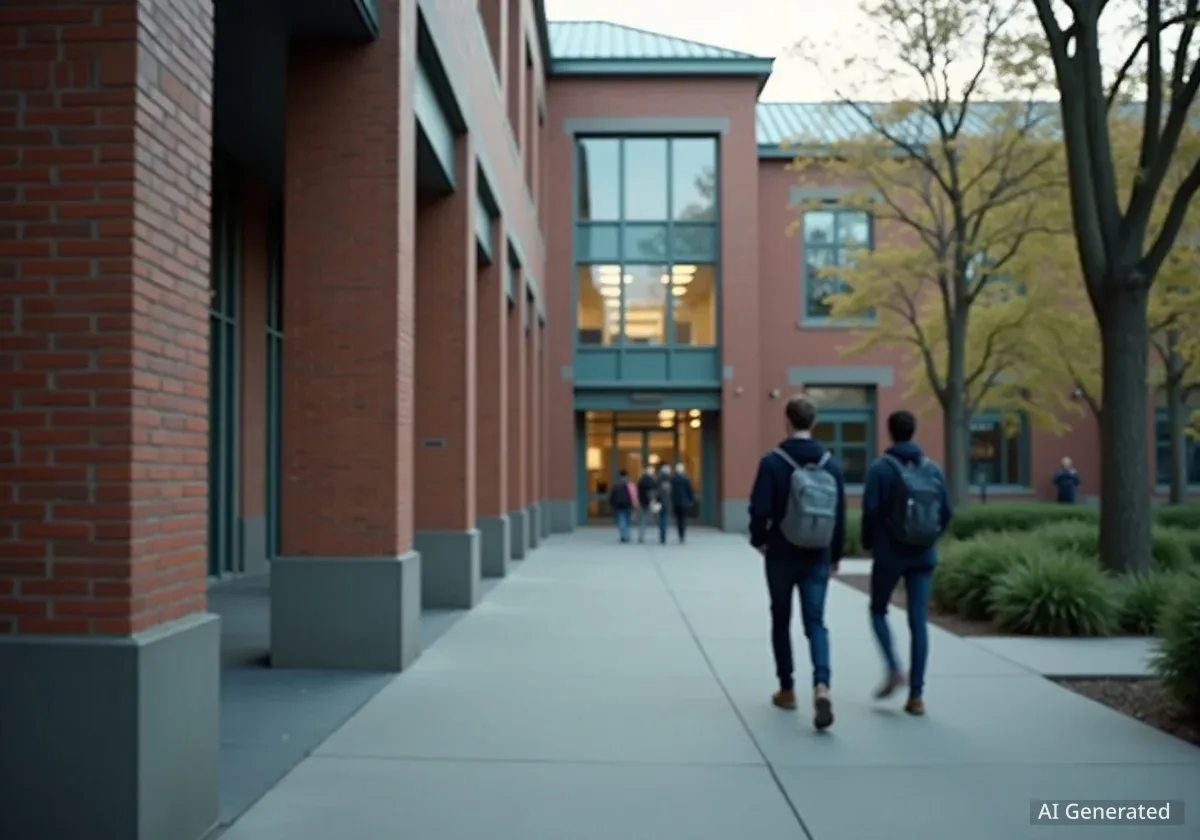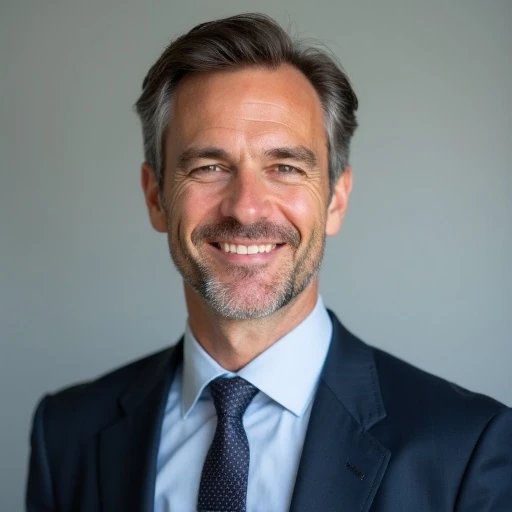The Austin Peay State University Faculty Senate narrowly rejected a resolution of no-confidence against University President Mike Licari. The vote, held on September 25, 2025, failed by a single vote, concluding a contentious period following the university's handling of a tenured professor's employment status.
The resolution stemmed from the administration's initial termination of theater professor Darren Michael over a social media post. The university later acknowledged it did not follow its own due process, changing the termination to a suspension and prompting a formal response from faculty members.
Key Takeaways
- A no-confidence resolution against APSU President Mike Licari failed with 23 votes in favor and 12 against, one vote short of the required two-thirds majority.
- The vote was a response to the administration's initial termination of tenured professor Darren Michael without following established university policy.
- Professor Michael's termination was later revised to a suspension after the university admitted to a procedural failure.
- The incident has sparked ongoing debate on campus regarding academic freedom, due process, and external political influence.
Details of the Faculty Senate Vote
During a meeting on Thursday, the APSU Faculty Senate held a closed ballot vote on a resolution expressing no-confidence in President Licari's leadership. For the resolution to pass and be presented to the university's Board of Trustees, it required a two-thirds majority from the voting members present.
The final tally was 23 votes in favor of the resolution and 12 against. This result meant the measure was just one vote shy of the 24 needed to meet the two-thirds threshold. The vote reflects a significant division among faculty regarding the administration's recent actions.
Faculty senators who supported the resolution argued that President Licari's failure to adhere to university policy set a dangerous precedent. They expressed concerns that similar procedural violations could occur in the future. Conversely, some members who opposed the resolution suggested that the president was operating under significant external pressure when he made the initial decision.
Origins of the Controversy
The situation began when tenured theater professor Darren Michael was terminated after resharing a social media post. The post contained a 2023 headline that read, “Charlie Kirk Says Gun Deaths ‘Unfortunately’ Worth it to Keep 2nd Amendment.”
The matter gained national attention after U.S. Senator Marsha Blackburn shared Michael’s post, along with a link to his university biography, and publicly questioned the university by tagging its official account.
University Policy on Terminating Tenured Faculty
According to APSU’s Policy on Academic Tenure and Termination of Faculty Members for Adequate Cause, terminating a tenured professor requires a specific procedure. The policy mandates the formation of a hearing committee composed of six tenured faculty members. Three of these members must be appointed by the Faculty Senate and three by the university president. This process was not followed in the initial decision to terminate Professor Michael.
Following the termination, the university administration reviewed its actions and found that it had not complied with its own policies. At a Faculty Senate meeting on September 18, President Licari acknowledged the failure to follow due process, as reported by senate member Bill Rayburn. Consequently, Professor Michael’s employment status was changed from terminated to suspended pending a proper review.
Student and Faculty Reactions
The outcome of the no-confidence vote has left many students disappointed. Approximately 20 students had protested at the September 18 Faculty Senate meeting, and their concerns have persisted. Taylor Foley, an APSU student, noted that students feel they must advocate for faculty who may be hesitant to speak out.
"The students are protesting with signs to protect their silent professors," Foley said. "(They) spoke their minds at the Faculty Senate meeting on Sept. 18, but it wasn’t enough."
Student groups have stated they intend to continue their efforts. They have sent emails to the APSU Board of Trustees and are awaiting a formal response. “We are calling for the Board of Trustees to enact disciplinary action against Mike Licari, or for his voluntary resignation,” Foley added.
Student Activism Continues
Despite the failed no-confidence vote, student organizers have stated they will continue to petition the APSU Board of Trustees directly, demanding accountability for what they see as a breach of university protocol and a threat to academic freedom.
Broader Implications for Academic Freedom
The events at Austin Peay have ignited a wider conversation on campus about the protections afforded to university faculty, particularly concerning speech on social media. Many faculty members have expressed concern about the potential for external political pressure to influence employment decisions.
Michael Devault, an English Adjunct Professor at APSU, commented on the delicate nature of the issue while encouraging open dialogue.
“Freedom of speech for academics has to be absolute. This only works if we have absolute freedom of speech. At the same time, I certainly see both sides of this issue.”
Devault emphasized that the debate extends beyond the local campus, touching on fundamental principles of higher education and public discourse in the United States.
"This is not a local issue. As local as it is, it’s not a local issue,” he explained. “We are having a debate about shaping the future, not just of higher education, but of the entire country. If we don’t have those honest discussions, we will never be able to shape the country in a way that embraces everyone.”
President Licari was contacted for a statement regarding the Faculty Senate vote but declined to comment on the matter.





